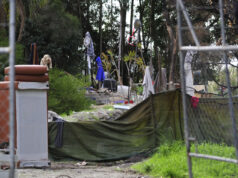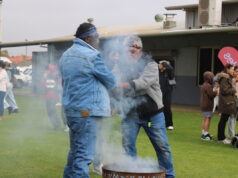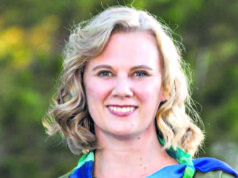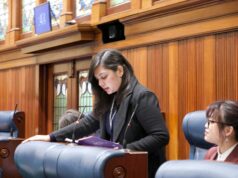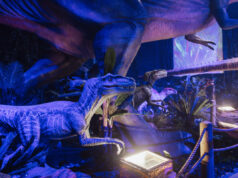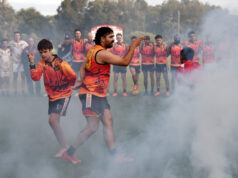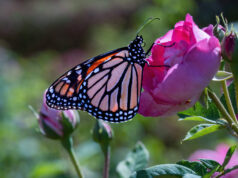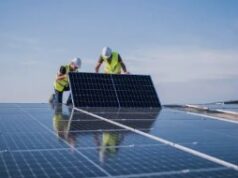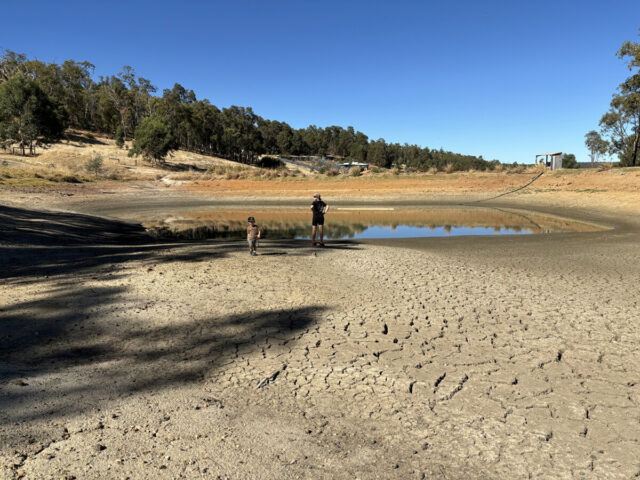
There’s been a groundswell of anger after it was heavily publicised last week that beverage giant Coca Cola Europacific Partners has been carting truckloads of precious groundwater from Karragullen each week for its bottled water.
The practice has been going on for decades.
For thirty years, people around the state have been quenching their thirst without a second thought that the bottle they just cracked open likely came from our neck of the woods.
Indeed, for Roleystone local Meg Travers that was absolutely the case. Until a neighbour shed some light on the subject for her.
“I had no interest in bottled water up until about a week ago. I was talking to a local about how sad the bush looked at the moment and that there were a lot of old trees dying, and that’s when they dropped the bombshell about Coca Cola,” she said.
“My first thought was that it’s obviously so wrong.
“We’re living in a drying climate – the last season has really brought that home.
“And WA is basically giving away a key resource for free. I mean, it’s as valuable as iron ore or anything else.”
The City of Armadale granted a planning approval in 1992 for the cartage of spring water from a private property on Irymple Rd two to three times a week.
But they balked at a request to increase the supply to 18-22 truckloads a week in 1996, opting to wait for a hydrogeological report before making a decision.
Then-Minister for Planning Graham Kierath overrode the city’s authority and approved a maximum of 15 x 28,000L loads per week, citing that: “It has not been demonstrated that the owners of any other rural lots in the vicinity have been required to obtain planning approval for this part of their activities”.
City of Armadale CEO Joanne Abbiss said there is “no end date on the Minister’s approval”, and that “Minister Kierath’s decision does not allow the City to monitor the bore for groundwater extraction from the property as part of this planning approval”.
In April 2020, the multinational bought the rural-residential lot at 15 Irymple Rd for $1.42 million.
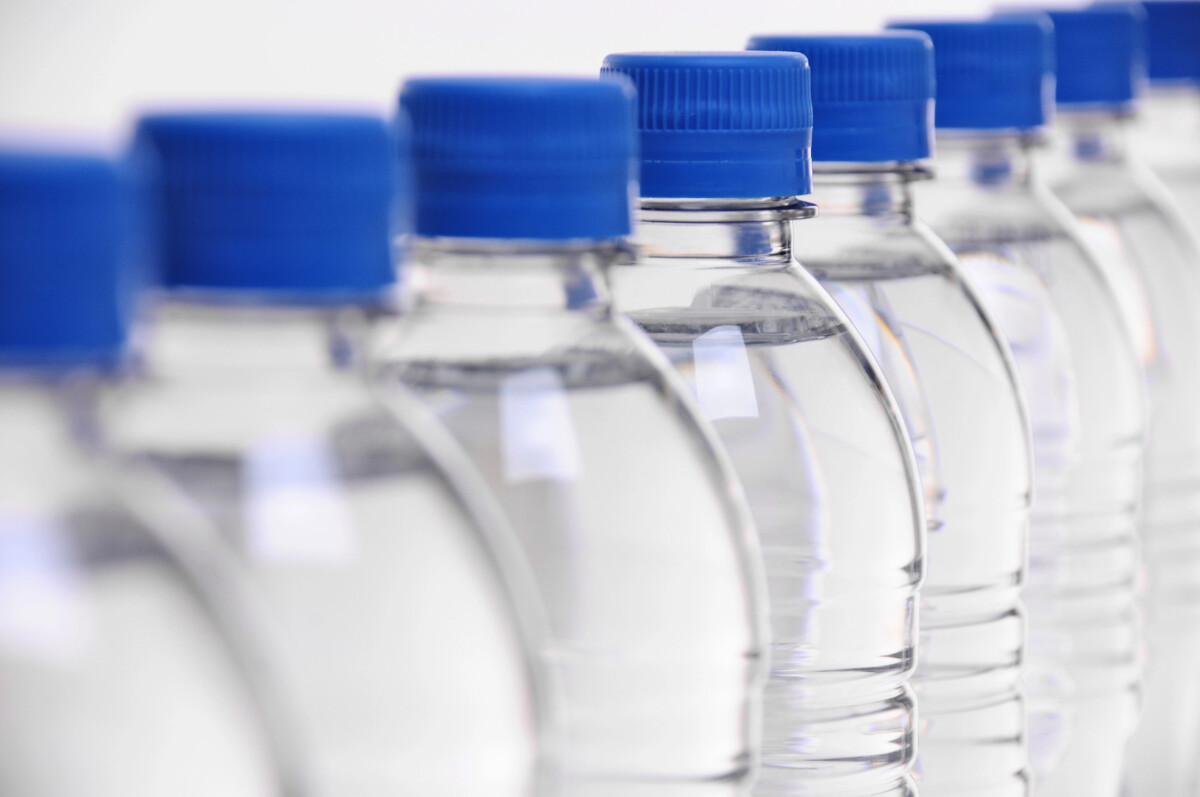
A spokesperson for Coca Cola has said the company replenished water it extracted, and that it has “consistently drawn less water that the permitted extraction volume limit”.
“Where we do extract water, we ensure that the source is sustainable both for us and for that of all other users of the same aquifer,” they said.
“In addition to adhering to all relevant regulatory requirements for the extraction, transportation and processing of water, all sites that we extract water from are monitored regularly, through independent hydrological assessments and rigorous site management plans.”
But locals are curious how they test their impact on the local environment and water table. The extracted water in the Roleystone-Karragullen hills does not come from a single aquifer, but rather multiple sources through a series of fissures between fractured rocks and clay – so monitoring it often proves difficult.
The rub is that there is nothing illegal about this apparent carte blanche to mine water for commercial gain.
What’s more, the Department of Water and Environmental Regulation (DWER) confirmed that Coca Cola was not required to pay license fees for the water as the bore was located in an “unproclaimed groundwater area”.
Water Minister Simone McGurk said there would likely be other companies exploiting bore water for financial gains.
“It will be a lot. This is the reality of our state and the way that our water systems work,” she said.
Since digging a little deeper, Ms Travers and a small group of other Roleystone locals have begun to uncover information about other local properties bought up by water bottlers for the purposes of tapping into the unregulated water source.
“We think we’ve found evidence of up to seven properties between Bedfordale and Martin where this could be happening,” she said.
“The problem is there’s no register, it’s just open slather, so we’re having to go through 30 years of records in our spare time.
“I think it’s just like the wild west for water bottlers out here – no one is monitoring it.”
The state government scrapped 18 years-worth of water resource management reforms just before Christmas last year, despite every other state working towards compliance with an Australia-wide standard – the National Water Initiative.
Water Minister Simone McGurk said after speaking with stakeholders it was decided the reforms weren’t needed anymore.
“The current laws are workable, and therefore legislative change is not required when there are other immediate, practical avenues to improve water security,” a statement from the minister’s office read.
The Rights in Water and Irrigation Act is more than 100 years old.
But Minister McGurk has come to the table over the Roleystone issue, after intense media scrutiny.
“I think most people are frustrated knowing that they have to buy a bottle of water knowing that a company as big as Coca Cola can source that for free,” she said.
“I think it just doesn’t pass the pub test.”
She said she would be working closely with Coca Cola and the City of Armadale to ‘revisit’ the arrangement.
On Friday the minister also said that her department was looking into the possibility of ‘proclaiming’ the land, but warned that imposing regulations could have knock-on effects for local orchardists and horticulturalists who also draw on the groundwater.
But orchardists believe there could be an easy fix to the solution: a simple legislative change to the Water Agencies (Powers) Act 1984, which makes it a requirement to obtain a licence for those who wish to use bores for the removal of water, rather than on-site use.
And many local orchardists have said they’re already suffering; The Bureau of Meteorology has reported that Perth and coastal areas of the South West have just experienced the driest nine months since records began 120 years ago.
With usually full dams as dry as dust, and hillsides dying, residents believe watching the Coca Cola trucks cart up to 400,000L of water away each week is a cruel joke.
Linda Moore’s family, the Bettenays, have operated a cherry orchard in the Irymple Valley for 123 years.
She said they’ve noticed the water table dropping significantly over the past 30 years.
“We chose the valley because we had a permanent water supply, which is really important for farming.
“And the orchardists here all get along with each other – when one person says their water is low, someone further up the hill stops their pump for a day or so. We work together.
“But there has been a huge decline over the past 30 years, which is exacerbated this year by the weather we’ve been having.
“But it doesn’t seem to be affecting Coca Cola.
“This is not a new problem – we’ve been opposing this since the 90s.”
Minister McGurk said there’d been some good progress made after an initial meeting with Coca Cola on Monday.
“As a first step, arrangements will be made so Coca Cola can work with scientists at the Department of Water and Environmental Regulation, so we are able to better understand their operations,” she said.
“In particular, I want to address community concerns around whether there is any impact on water users nearby.
“There is also a mutual commitment to boosting Coca-Cola’s transparency in relation to this matter.”
The local community is watching with interest as things develop, and has started a Facebook group – Save Perth Hills Water – to share information they discover along the journey.


